The PhD Program in Accounting is a research-intensive four-year program that provides excellent preparation for a career in academics, with an emphasis on research, teaching, and service.
The Culverhouse School of Accountancy’s faculty supports students interested in archival/empirical and behavioral/experimental research in auditing, financial accounting, managerial accounting, accounting information systems, and tax.
Nationally-recognized program, ranked seventh in the country by the Public Accounting Report
Ranked the #7 accounting doctoral program in the nation according to Public Accounting Report, Manderson’s PhD in Accounting is housed in one of the oldest and most respected accounting schools in the United States. The PhD program prepares students for academic careers focused on teaching and rigorous research. Those interested in working in the areas of archival/empirical and behavioral/experimental research in auditing, financial accounting, managerial accounting, accounting information systems, or tax are encouraged to apply.
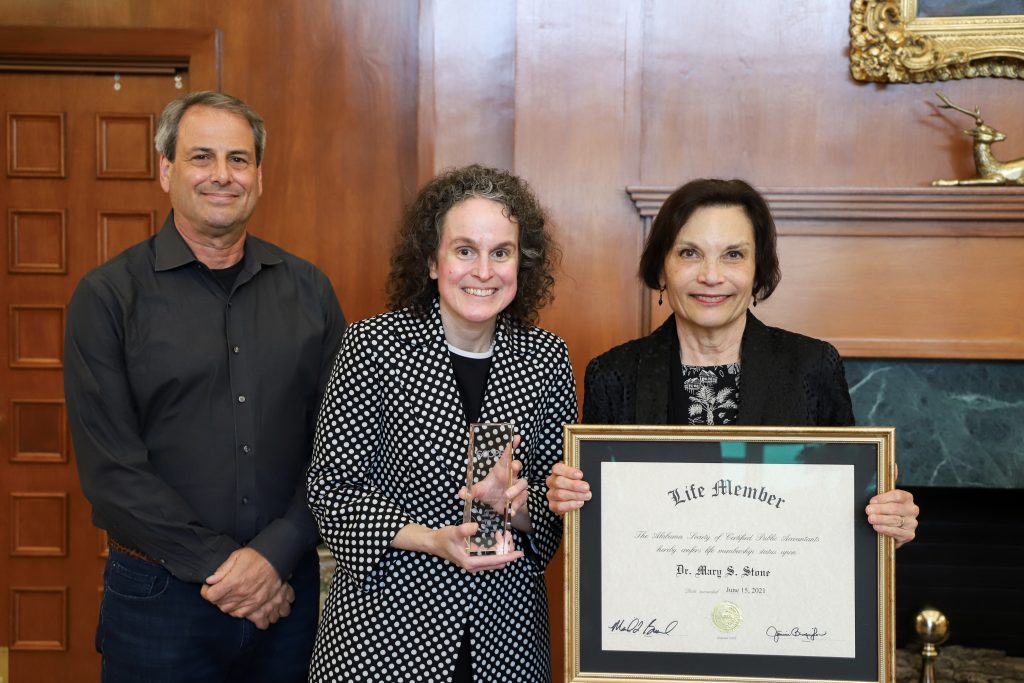
The PhD program in Accounting involves two years of rigorous coursework. In addition to Accounting seminars, students take courses in Statistics and Economics. Students will often take additional electives in the Psychology or Finance departments depending on their research focus.
The program has two significant research milestones that students must meet before progressing to the dissertation phase. The first-year paper, typically a scholarly review of existing accounting literature, is completed by the student in their first year and presented in early summer. The second-year paper is a complete, original, empirical study undertaken under the direction of the student’s faculty advisor. Students demonstrate the second-year paper the summer after their second year of coursework. Students must successfully present and defend their papers before progressing to the dissertation phase.
Writing a dissertation is the final test of research skill. It requires an understanding of relevant literature and methodology, and the ability to think independently. PhD candidates must find an original topic, plan a test of hypotheses, and write and defend at a final oral examination a document acceptable to the dissertation committee and to the Graduate School.
Admission decisions are made by the PhD program committee after considering applicant background, GMAT scores (660 minimum) or GRE scores (1200 minimum), grade point averages (GPAs), letters of reference, fulfillment of prerequisites and an on-campus interview. The GMAT is preferred, but students may choose to take either the GMAT or the GRE. GRE scores will be converted to the GMAT scale. All international students are required to submit a Test of English as a Foreign Language (TOEFL) score (100 minimum) and either an International English Language Testing System (IELTS) score (6.5 minimum) or a Pearson Test of English (PTE) score (minimum of 59).
Deadlines for application to Manderson may vary. Early application increases the probability of a fellowship or scholarship. The following provides an approximate timetable of Graduate School application dates:
Domestic students: The application must be filed on or before May 1 of the year of admission. The PhD committee begins reviewing applications on the 1st of September the year prior to admission. The admissions process will be completed when the class is full.
International students living in the U.S.: The application must be completed at least 60 days before registration for the year of admission.
International students living outside the U.S.: The application must be completed at least 6 months to a year before registration for the year of admission.
Semester I
Semester 2
Semester 3
Semester 4
Examples of other courses.
Courses should be approved by the student’s advisor.
Writing a dissertation is the final test of research skill. It requires an understanding of relevant literature and methodology, and the ability to think independently. PhD candidates must find an original topic, plan a test of hypotheses, and write and defend at a final oral examination a document acceptable to the dissertation committee and to the Graduate School.
During the third year, students are expected to commence work on the dissertation. Students are transferred from the program committee to a dissertation committee and formally begin work on their thesis defense.
Three Paper Dissertation Guidelines
The following does not preclude a student from completing a traditional dissertation.
The following guidelines relate to the School of Accountancy requirements relating to a three-paper dissertation. The following requirement is per the University of Alabama Graduate School: Journal Format. A “journal-format” dissertation or thesis is acceptable. Such a dissertation or thesis simply follows the format of a particular journal in which the student and advisor want to publish the manuscript. To prepare a journal-format dissertation or thesis, the student uses the journal’s “information for authors” or similarly titled guidelines in conjunction with the Graduate School’s Student Guide to Preparing Electronic Theses and Dissertations. At this point, the accounting journals do not meet the minimum formatting requirements of the graduate school. Therefore, this format is not permissible at this point in time.
Article-style dissertations must be based on research completed while the student is enrolled at The University of Alabama. For each article used, the student must be the first author, or equivalent, as defined by the discipline. The dissertation must be the student’s original idea. It must be a unified work and include a sequence of articles of publishable quality around a theme, with a comprehensive review of the literature that demonstrates an in-depth understanding of the unifying framework.
There will be one introductory section to describe the studies, tell how they are related, and explain their significance. There will be connecting language to bridge each study to the next. There also will be a section that serves as a summary making clear the importance of the studies, integrating the major findings, and discussing the implications for the overall topic. These components do not have to be separate sections or chapters. They may be parts of the manuscripts or may be accomplished in an abstract.
See the UA Graduate School webpage for additional guidance.
Accountancy-specific Dissertation Guidelines
The following are additional guidelines per the School of Accountancy.
 Chad Stefaniak, CPA, Ph.D. ’09
Chad Stefaniak, CPA, Ph.D. ’09
Cramer Research Fellow, Associate Professor of Accounting, Darla Moore School of Business
“…Alabama will help you achieve whatever heights you desire to achieve and are willing to work towards. I am confident that with hard work you could go to any institution after graduating from the Alabama Ph.D. program.”
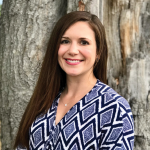 Amanda Beck, CPA, Ph.D. ’16
Amanda Beck, CPA, Ph.D. ’16
Visiting Research Associate, Lecturer, McDonough School of Business
“…I am confident that the Alabama Ph.D. program prepared me for a successful academic career.”
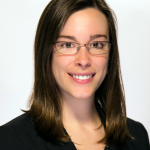 Emily Blum
Emily Blum
Undergraduate School and Degree: University of Massachusettes, Amherst, BBA in Accounting
Previous Working Experience: Audit Senior Associate, Grant Thornton
Research Focus: Auditor Judgement and Decision Making
Current University: Texas A&M University
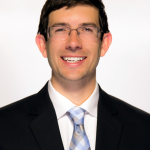 James Lawson
James Lawson
Undergraduate School and Degree: Wingate University, Bachelor of Arts in English
Graduate School and Degree Title: Wake Forest University, Master of Science in Accountancy
Previous Work Experience: Tax Associate, DHG
Research Focus: Policy and Standard Setting
Current University: Bucknell University
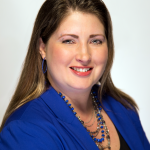 Julie Mercado
Julie Mercado
Undergraduate School and Degree: Oral Roberts University, BS in Marketing
Graduate School and Degree Title: Northeastern State University, MS in Accounting & Financial Analysis
Previous Work Experience: Instructor of Accounting, Northeastern State University
Research Focus: Governance, Ethics, and Donor Decision-Making in Nonprofit Organizations
Current University: Boise State University
 Ranier Robinson
Ranier Robinson
Undergraduate School and Degree: Arizona State University, BS in Accounting
Graduate School and Degree Title: Arizona State University, Masters of Accounting and Information Systems
Previous Work Experience: Director of Accounting, Greater Phoenix Enterprises
Research Focus: Financial Reporting, Earnings Management, Manager Compensation
Current University: Providence College
 Daniel Street
Daniel Street
Undergraduate School and Degree:
Kennesaw State University, BBA in Accounting
Graduate School and Degree Title: Kennesaw State University, MAcc
Previous Work Experience:
Senior Business Value Analyst, Manheim Auto Auctions
Research Focus: Institutional Investors, Corporate Governance,
Investor Myopia, and Real Earnings Payments
Current University: Bucknell University
General questions about the application process?
Contact April Ingram, Director of PhD programs, at aaingram@ua.edu
This website uses cookies to collect information to improve your browsing experience. Please review our Privacy Statement for more information.